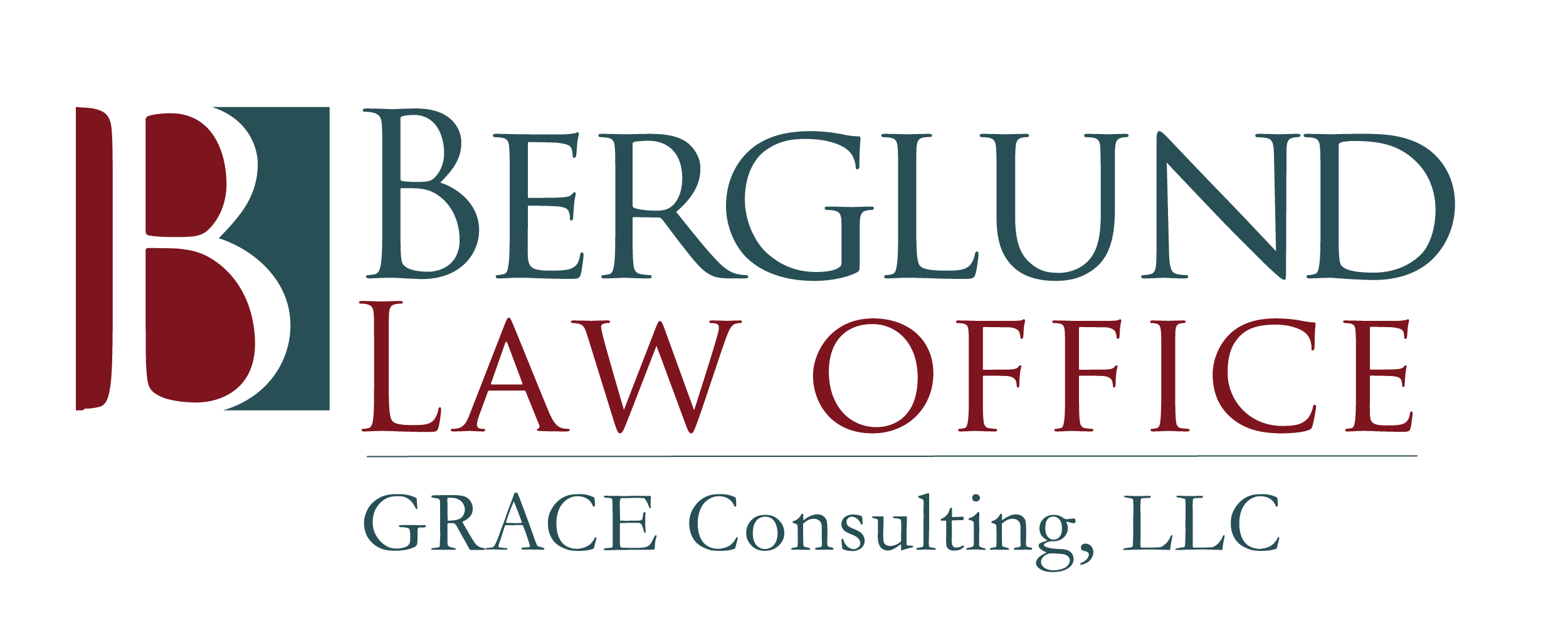
“Disclaimer Trusts” have become an effective method for Minnesota married couples to fully utilize their marital deductions in order to decrease possible Minnesota estate taxes upon the second spouse’s death.
By using a properly drafted trust it is possible to preserve more assets for their heirs. Minnesota’s estate tax exemption statute makes it possible for disclaimer trusts to provide surviving spouses with flexibility without sacrificing potential estate tax effectiveness. Minnesota’s estate tax exemption—which increased to $3.0 million on January 1, 2020—makes it possible for an individual estate to transfer up to $3.0 million upon death without incurring estate tax.

Let’s take an example of a couple with a combined net worth of $6 million, and assume that each spouse had an individual net worth of $3 million. If the first spouse dies, and leaves his or her $3 million to the survivor, there will not be any Minnesota estate tax to be paid at the first death for two reasons.
First, the “marital deduction” allows married couples to pass unlimited amounts of property to each other tax free.
Second, the first spouse to die has a Minnesota estate tax exemption of $3 million which equals the $3 million he or she owned at death. But remember that the first spouse to die cannot pass his or her exemption to the surviving spouse.
Therefore, when the surviving spouse eventually dies, he or she will have an estate of $6 million, but only an exemption of $3 million. Thus, there will be Minnesota estate tax payable on $3 million. With estate tax rates averaging about 13%, this could result in estate tax as high as $390,000!
When the husband died, the Minnesota estate tax payable was not avoided but was simply deferred. A Disclaimer Trust however, would allow the wife to make a “qualified disclaimer” of the property she receives from her husband if adding her husband’s assets to her assets will create an estate tax liability upon her death.
By “disclaiming” her right to receive property – either partially or in full– the property can pass to a Disclaimer Trust. With proper planning, therefore, the Husband can include a provision in his will or trust which states that if his wife disclaims any interest in the property, the property passes to a Disclaimer Trust. To be effective, however, disclaimers must conform to strict statutory requirements.

If the documents are drafted properly, upon the death of the first spouse, the disclaimed assets will pass to the Disclaimer Trust and be distributed in accordance with the terms of the trust.
During her life time, the wife will be able to receive income and principal from the Disclaimer Trust. Even though the wife (technically) disclaimed these assets, the assets are really still being used for her benefit.
Disclaimer Trusts generally provide that their assets are available to the surviving spouse for his or her “health, maintenance, support and welfare.” Upon the wife’s death, any assets left in the Disclaimer Trust will pass to the children and escape taxation under Minnesota estate tax rules. This is because the trust assets will not be considered to be part of the wife’s taxable estate.
Estate planning using disclaimer trusts provisions provides considerable flexibility because the decision to disclaim assets or not is entirely in the surviving spouse’s control. Furthermore, the decision about whether or not to disclaim assets is made after the death of the first spouse to die. This provides the surviving spouse with an opportunity to assess his or her financial needs as well as the current state of the estate tax law before making the decision.
